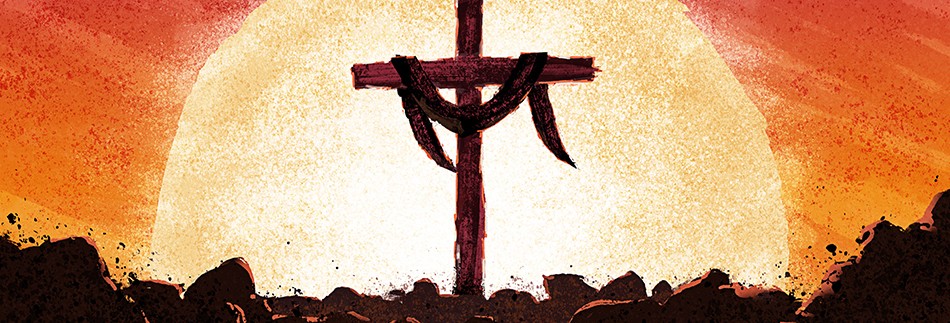Christ is risen! He is risen indeed! Alleluia!
Resurrection
On Easter Day, we celebrate the astonishing, miraculous resurrection of Jesus. The open tomb is the declaration of objective justification for the whole world—Jesus has accomplished his mission and redeemed his people from slavery to sin and the death that results.
Holy Living
Yet the whole redemptive work, not only the one phase of the resurrection, is the object of Easter’s celebration. We are not only freed from sin, but we are also filled with grace. The liturgy of Easter has some important things to say about how Christians of today must spend their lives. We are to be living witnesses of Christ’s resurrection by letting the grace it has brought us shine out for all to see in the holiness of true Christian conduct.
In fact, the entire Lenten season has been intended to prepare Christians for rising with Christ at Easter from death into this new life of holiness. When the Head arose, the mystical body of believers was to be holy, ready to serve the Head in holiness. In the ancient church, Lent had been a time of intense preparation for Baptism, by which Christians are born into a new life (Romans 6:3-5).
New Creation
This all leads to the beginning of the new creation our Lord has promised, already today. He has promised to create a new heavens and a new earth in which his people will live in peace and joy, as in the beginning. That new creation has begun in the bodily resurrection of Jesus Christ, “the firstfruits of those who have fallen asleep.”
The history of the Easter celebration
Easter is the oldest of the church’s feasts, and the source of all others. The ancient name for Easter is “Pascha,” from the Greek and Hebrew words for Passover, “for Christ, our paschal lamb, has been sacrificed” (1 Corinthians 5:7).
Easter is not a single day but a season of forty-nine days, a “week of weeks.” It is a season of joy and praise, of wonder and mystery, for the power of God has reversed the power of sin and death. The season concludes on the 50th day, the festival of Pentecost.
At first, the resurrection of Jesus was the only festival celebrated by the church, and they celebrated it every Sunday of the year. As the church year gradually developed, however, an annual celebration of the resurrection became the norm. But there was much debate about exactly when to celebrate annually. The Council of Nicaea in A.D. 325 directed that for the Western Church, Easter would be celebrated the first Sunday after the first full moon after the spring equinox (the Eastern Orthodox churches follow a different schedule today). This keeps it in close proximity to the Passover but not in exact agreement. And it avoids the problem of celebrating Good Friday and Easter Sunday on other days of the week like happens at Christmas.


